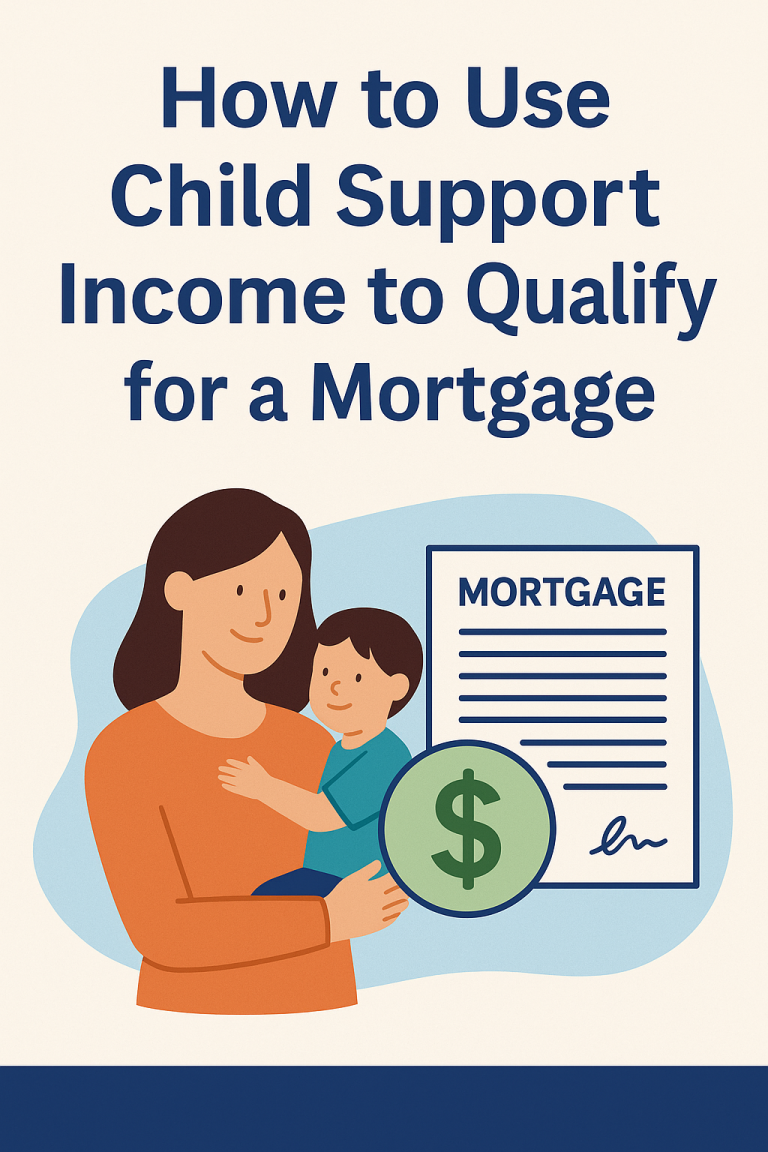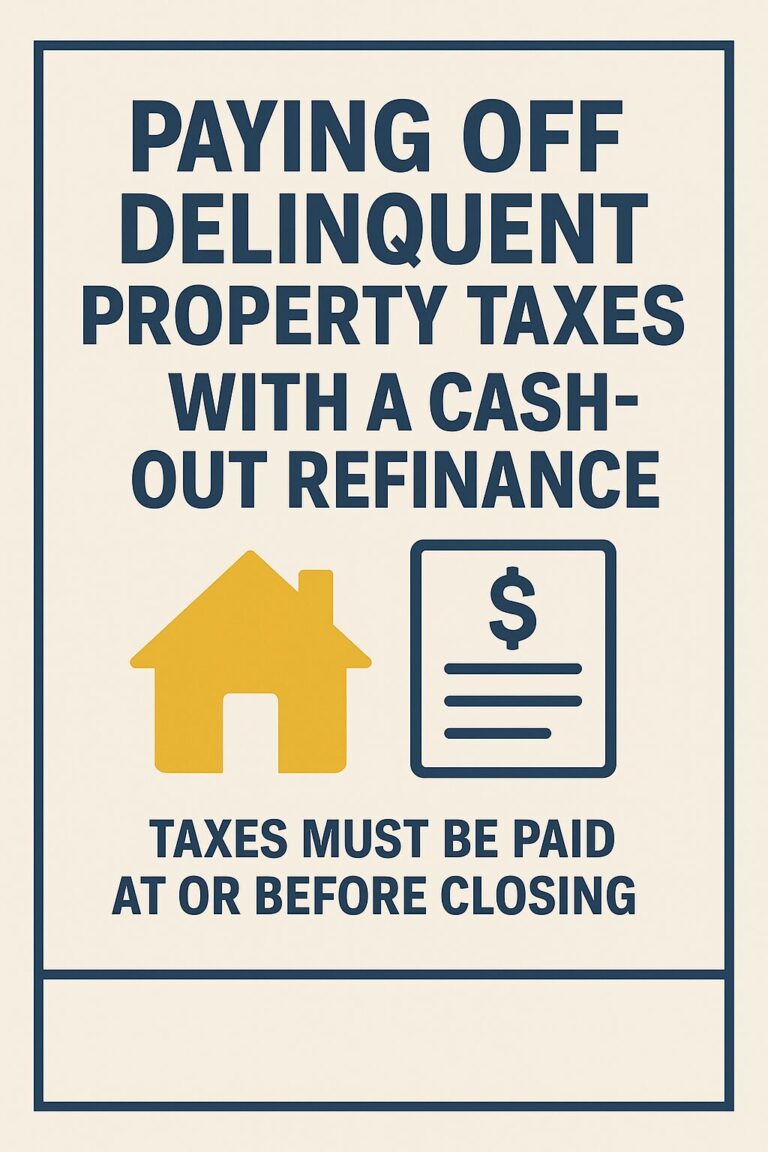Do you need help saving to buy a house? What you think you need and what you actually need may not be the same. Here is what you should know when saving for a home.
In order to purchase a home, you need at least 3.5% for a down payment. Another option is Down Payment Assistance (DAP). DAP allows you to pay little to no money down. However, we’re going to talk about wanting to save even more for a larger down payment.
Saving for a down payment is a smart financial move, if you can save a substantial portion of your income. For example: If you plan to purchase a home in two years, save 10% of your gross monthly income. If you plan to purchase a home in one year, take a more aggressive approach and save 20%. Both of these figures give you a realistic depiction of owning a home, instead of dreaming about it.
You do not need a large down payment to purchase a home. The common response “I am waiting to buy a house until I have a big down payment” is driven by the misconception, that a larger down payment will make your mortgage payment smaller.
Here’s what’s wrong with that type of logic. It is true that 20% down, for example, versus 3.5% down is going to dramatically change your payment. There is a big difference between saving up for 20% down if you’re in the 3.5% down range ‘as is’ if payment is what is driving the need to save.
Consider housing prices in your area. Let’s say housing prices in your area are $475,000 and you have 3.5% down. Let’s also say, for comparison sake, you have the money for closing costs. However you are deciding to save, because you are looking to get a lower monthly mortgage payment or avoid PMI. If housing prices in your area are rising due to low inventory and large demand, prices could be rising faster than you are able to save. This means you are actually going backwards by savings. Another thought to consider is: by getting your foot in door, you’re getting a couple benefits you do get while renting.
Forced savings – you’re not getting the benefit of a forced savings account, as part of your payment goes to principal and part of your payment goes to interest.
Appreciation – you’re not getting any market forces working in your benefit, on the property that’s appreciating the rent you pay for, your landlord is.
Tax Deductible – property taxes and mortgage interest are 100% tax-deductible. This is another benefit you forgo each month you continue to rent.
Saving for a down payment is important, but saving extra money to try and lower your mortgage payment can be a losing proposition. Especially if the market forces are stronger than your savings rate. If you were to purchase a house, could afford the mortgage payment, be backed by market forces, you could leverage the market. Perhaps in two years’ time, even be able to refinance to drop the mortgage insurance. This would subsequently reduce the mortgage payment you had been trying to save a larger down payment for.
The take away here is not to buy house, just because you have the down payment, but to be strategic about it. Consider all of your options thoroughly, so you can make the most informed decision about your financial future and what home ownership might mean for you.
Looking to get a mortgage? Begin with a free quote now.
Share:
Posted in: CA home buying, Conventional, Downpayment, FHA home loans, Santa Rosa homebuying, best mortgage, buying a home, buying a home with mortgage financing, buying a single fmaily house, buying second home, buying your first home, common mortgage mistake, conventional mortgages, down payment, down payment assistance, down payment eligibility, firs time home buyers, first time home purchase, how much down payment to buy a home, how to buy a home with low down payment, mortgag, primary home down payment funds, purchase real estate, santa rosa buying a house, sonoma county home buying
RELATED MORTGAGE ADVICE FROM SCOTT SHELDON
Why Lenders Request the Same Documents More Than Once
If you’ve ever applied for a mortgage, you’ve probably wondered why lenders sometimes ask for…
VA Loans and the Clear Pest Report Requirement: What Buyers Need to Know
If you’re a homebuyer using a VA loan to finance your property, there’s a unique…
View More from The Mortgage Files:
begin your mortgage journey with sonoma county mortgages
Let us make your mortgage experience easy. Trust our expertise to get you your best mortgage rate. Click below to start turning your home dreams into reality today!



